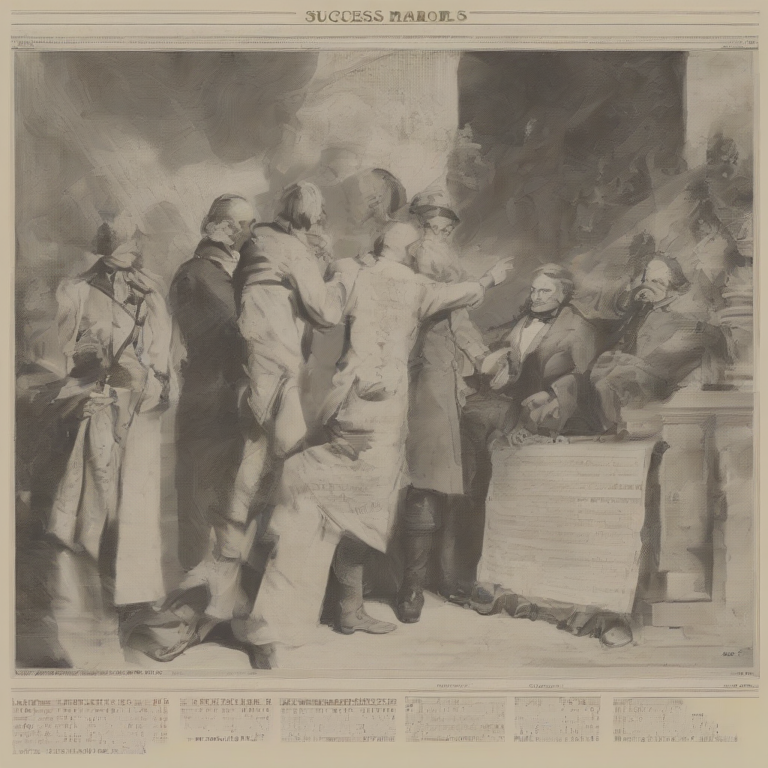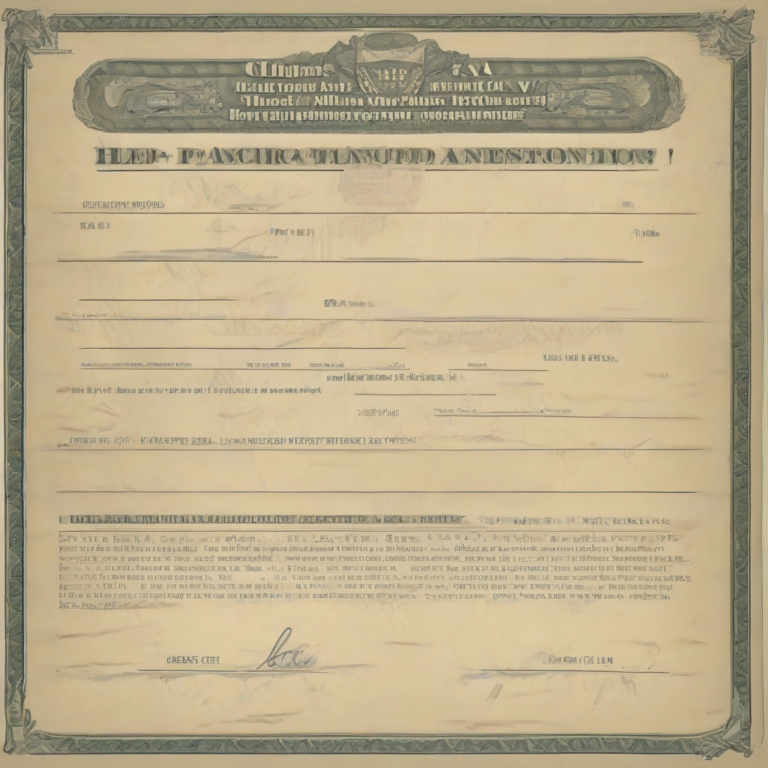Navigating the Raymour & Flanigan Warranty Claim Process: A Comprehensive Guide
Navigating the Raymour & Flanigan Warranty Claim Process: A Comprehensive Guide
Filing a warranty claim with Raymour & Flanigan can seem daunting, but understanding the process can significantly improve your chances of a successful resolution. This guide provides a detailed walkthrough, covering everything from identifying your warranty coverage to troubleshooting common issues and navigating potential disputes.
Understanding Your Raymour & Flanigan Warranty
Before initiating a claim, thoroughly review your purchase agreement and warranty documentation. Raymour & Flanigan offers varying warranties depending on the product type and specific model. Key aspects to understand include:
- Warranty Duration: Note the length of coverage for different aspects of the product (e.g., frame, fabric, mechanisms).
- Coverage Details: Identify what the warranty covers (e.g., manufacturing defects, material flaws) and what it excludes (e.g., normal wear and tear, damage due to misuse).
- Proof of Purchase: Keep your receipt, delivery confirmation, and any other documentation proving the purchase date and product details.
- Warranty Transferability: Determine if the warranty is transferable to a subsequent owner.
Initiating a Raymour & Flanigan Warranty Claim
The claim process typically involves these steps:
- Gather Necessary Information: Collect your warranty documentation, proof of purchase, photos of the damage, and detailed descriptions of the problem.
- Contact Raymour & Flanigan: You can usually initiate a claim via phone, email, or through their website. Their customer service representatives should guide you through the process and potentially request additional information.
- Provide Detailed Information: Clearly explain the issue, when it occurred, and any relevant circumstances. Accurate and complete information speeds up the process.
- Submit Supporting Documentation: Provide the requested documents, including photos and the warranty information.
- Track Your Claim: Once submitted, inquire about the expected processing time and follow up if necessary.
Common Issues and Troubleshooting
Here are some common challenges encountered during the Raymour & Flanigan warranty claim process, along with troubleshooting tips:
- Delayed Response: If you don’t hear back within a reasonable timeframe, follow up with a phone call or email. Keep records of all communication.
- Claim Denial: If your claim is denied, understand the reasons provided. Review your warranty documentation and consider if you have grounds for appeal. Often, a polite and persistent approach can be fruitful.
- Unclear Warranty Terms: If the warranty terms are unclear or ambiguous, seek clarification from Raymour & Flanigan’s customer service. Keep detailed notes of your conversations.
- Repair vs. Replacement: Raymour & Flanigan may offer repair as the initial solution. If the repair is unsatisfactory or impractical, request a replacement under the terms of the warranty.
- Proof of Purchase Issues: If you can’t locate your proof of purchase, try contacting Raymour & Flanigan and provide any alternative evidence, such as credit card statements or bank records.
Beyond the Initial Claim: Escalation and Dispute Resolution
If you encounter significant problems with your warranty claim, consider these steps:
- Escalate the Issue: If your initial contact doesn’t resolve the problem, try contacting a supervisor or manager within Raymour & Flanigan’s customer service department. Document all communication.
- Formal Complaint: File a formal written complaint, clearly outlining the issue, your attempts to resolve it, and the desired outcome.
- Mediation/Arbitration: If internal dispute resolution fails, you might consider mediation or arbitration, depending on your state’s laws and the terms of your warranty.
- Consumer Protection Agencies: Contact your state’s attorney general’s office or consumer protection agency to report unresolved warranty disputes.
- Small Claims Court: As a last resort, you might consider filing a claim in small claims court to resolve the dispute.
Preparing for a Successful Claim
To maximize your chances of a successful warranty claim, follow these best practices:
- Keep Detailed Records: Maintain detailed records of your purchase, the warranty, any communication with Raymour & Flanigan, and all supporting documentation.
- Document the Damage: Take clear, high-resolution photos and videos of the damage, showing the issue from multiple angles.
- Communicate Effectively: Maintain a polite and professional tone in all communications with Raymour & Flanigan. Clearly and concisely describe the problem and your desired resolution.
- Be Persistent: Don’t be discouraged by initial setbacks. Persistent and polite follow-up can often lead to a successful resolution.
- Understand Your Rights: Familiarize yourself with your state’s consumer protection laws and your rights as a consumer.
Specific Scenarios and Considerations
The warranty claim process might vary depending on the specific product and the nature of the defect. Here are some common scenarios:
- Furniture Damage During Delivery: Document any damage immediately upon delivery. Note it on the delivery receipt and contact Raymour & Flanigan immediately.
- Manufacturing Defects: Provide clear evidence of the defect, demonstrating it’s a manufacturing flaw rather than damage caused by misuse.
- Wear and Tear: Understand that normal wear and tear is typically not covered under warranty. Focus on presenting evidence of manufacturing or material defects.
- Damage Due to Misuse: Accurately describe how the damage occurred. If misuse is a factor, it may affect your warranty claim’s success.
Remember, thorough documentation, clear communication, and persistence are key to navigating the Raymour & Flanigan warranty claim process successfully. By understanding your rights and following the steps outlined above, you can significantly improve your chances of a positive outcome.






